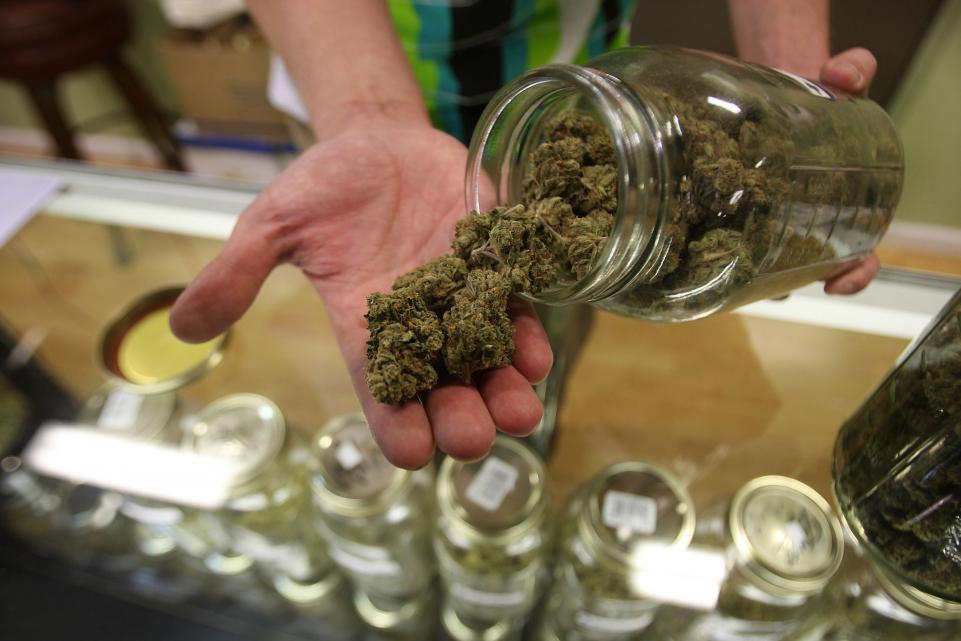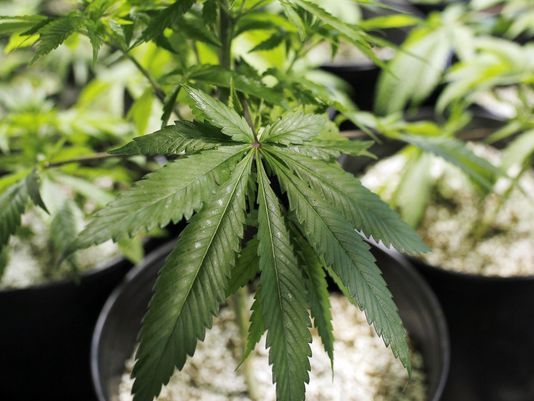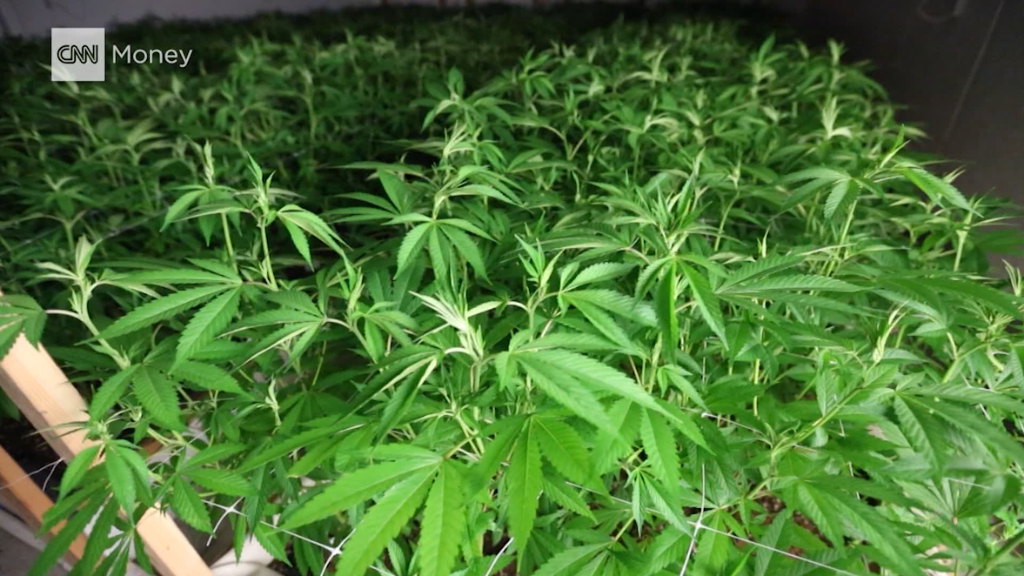A group pushing to legalize recreational marijuana in Michigan scored a victory Thursday when the State Board of Canvassers approved the wording of a ballot proposal the group wants to place before voters in 2018.
The group, known as the Coalition to Regulate Marijuana Like Alcohol, can now begin collecting the 252,523 signatures from registered Michigan voters needed to get the measure on the ballot. The signatures must be collected by May 30 of next year to put the proposal on the November 2018 ballot.
“We’ve got petitions printed. We’re ready to go,” said Josh Hovey, a spokesman for the group.
The group’s proposal would legalize and regulate marijuana for recreational use. People 21 and older could use the substance, but could not consume it in a public place or drive under the influence. Retail sales of marijuana would be subject to a 10 percent excise tax and a 6 percent sales tax, dollars that would go to roads, public schools and local governments.
The proposal faced opposition Thursday from the group Keep Pot out of Neighborhoods and Schools. Gary Gordon, an attorney representing the group, urged board members to reject the ballot language, arguing it was “unclear” and “sloppily drafted.”
Gordon said the title of the petition doesn’t accurately reflect the full scope of the laws and policies the ballot measure, if approved, would enact. For instance, the title indicates that marijuana will be regulated and taxed like alcohol. But that’s contrary to a provision in the proposal allowing people – who aren’t required to be licensed – to grow “up to 12 plants” that are not subject to taxation, he said.
Gordon also indicated the title doesn’t reflect that the petition “ends up limiting authority of municipalities to regulate marijuana facilities.”
The board approved the ballot language unanimously, 4-0. That approval, board members said, extended only to the proposal’s language, not it’s substance.
Hovey dismissed Gordon’s claims as “laughable.”
“We are clearly the most tightly controlled marijuana legalization initiative that has ever come to the state of Michigan,” he said. “We create a licensed regulation structure similar to alcohol. We tax marijuana similar to alcohol. To argue that we are misleading in any way, I find to be laughable.”
In response to Gordon’s claims on cultivation of marijuana by individuals, Hovey said: “People are already allowed under the medical (marijuana) law to grow 12 plants. We will allow 12 plants. We followed the state medical marijuana law very closely and we think that was the proper way to do it.”
An effort to get a marijuana legalization proposal on the November 2016 ballot fell short because of invalid signatures.
Eight states – as well as Washington D.C. – have legalized marijuana, according to the National Organization for the Reform of Marijuana Laws. The Michigan chapter of the group supports the legalization proposal.
Hovey said his group has signed a contract with a professional signature collecting firm, Brighton-based National Petition Management, and has volunteers that are eager to lend a hand.
“We will be on the streets immediately,” he said.
Thursday’s meeting drew the attention of Mike Tobias, a 48-year-old Perry resident.
He was at the state Capitol for an addiction recovery event, but decided to speak with reporters about the marijuana legalization effort because he’s concerned such a move would make the substance more “available to children.”
“I worry about the advertising that might come along with it,” said Tobias, a substance abuse prevention specialist. “I’m concerned as a parent and as a professional who works in the field.”
If the pro-legalization group gathers the necessary signatures, the proposal will go to the Legislature, which must decide within 40 days whether to adopt or reject the measure.
If the legislature adopts it, it becomes law. If the legislature does not act, it goes to a vote of the people in 2018. The legislature can also choose to reject the proposal and come up with a proposal of its own on the same subject, in which case the two proposals would both appear on the ballot and whichever receives the greatest number of votes prevails.
In addition to legalizing marijuana, the proposal would legalize the cultivation of industrial hemp and license businesses that test, process, cultivate and sell marijuana. Consumers would be protected through “proper testing and safety regulations for retail marijuana,” according to the coalition.
Chris DeWitt, a spokesman for Keep Pot out of Neighborhoods and Schools, said his group is still determining how it will work to oppose the legalization effort.
“At this point, a number of issues are being looked at,” he said. “Exactly what will happen we’ll see. But it certainly could be very robust.”
credit:mlive.com













